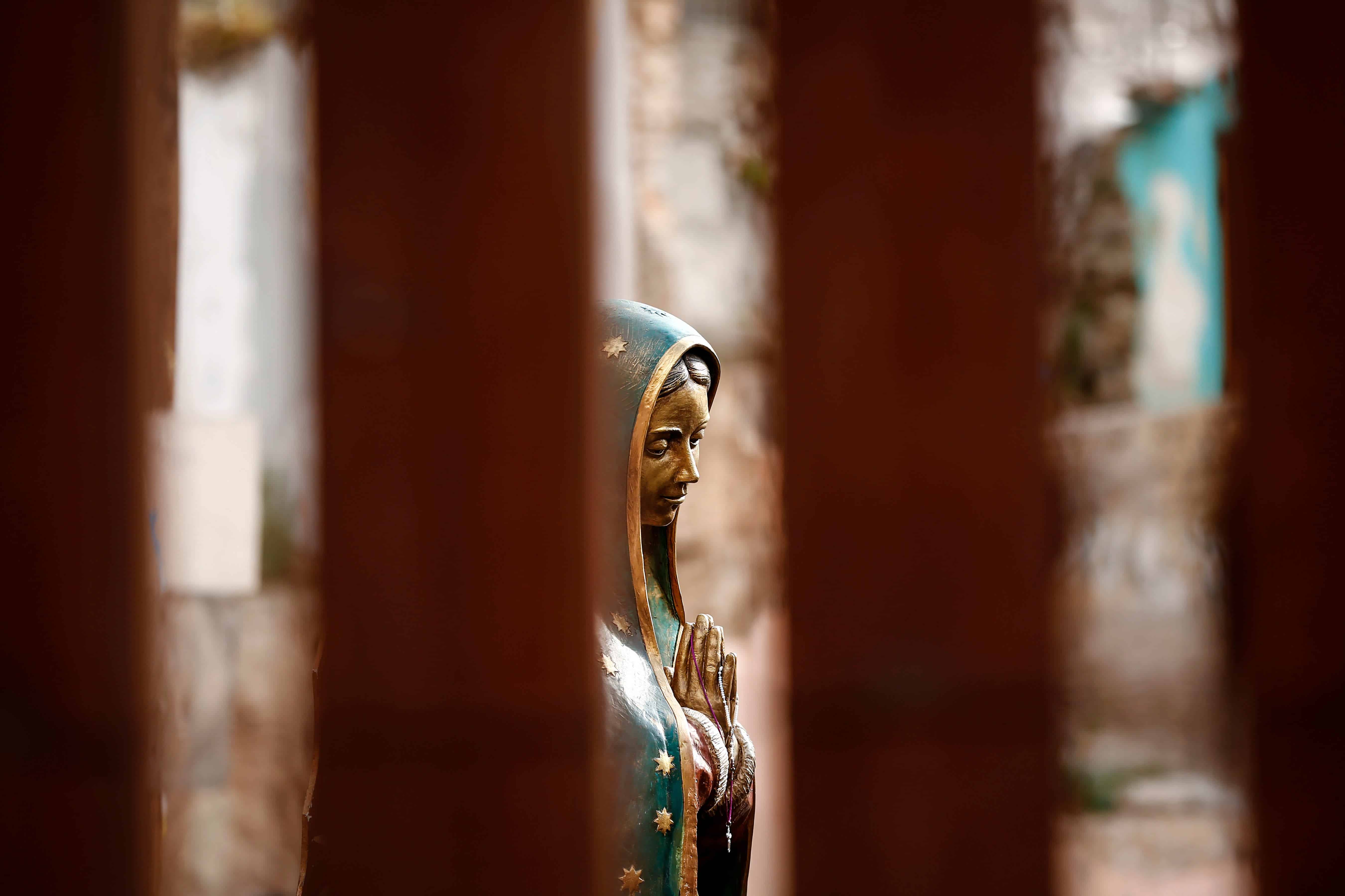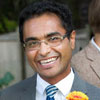Asylum-seeking Central Americans waiting at la linea in Nogales, Sonora don’t know what awaits them inside the US when the federal government listens to their story. What they do know is that the unsafe, unfair conditions in their home communities are too dangerous. Facing the possibility of death at home, they make the treacherous journey northward, often crossing multiple national borders to seek asylum in the United States.
They reach la linea – the literal port of entry where Americans and other persons with visas stand in line to get into the United States. Unable to enter until summoned for an interview to begin their asylum claim, they wait in a different line – one that involves literally sleeping on the floor at the gates to the United States – often for days in extreme weather. They wait with their children – one as young as four months old – in monsoon rains and 95+ degree heat. They cannot leave either because their case could be called by Homeland Security officials at any time. They wait as Americans and visa-holders file passed and stare at them like they are animals at a zoo. They wait with the hope that asylum will be granted and that they will feel the security and safety that all of us so desperately desire.
Meanwhile, sounds of construction are heard a few blocks from the port of entry. In the interest of national security, the border wall is being strengthened on the US side. An additional mesh-like fence is added to the already monstrous wall. As if that is not sufficient, a guard-rail is being constructed inside Nogales, AZ perhaps six feet away from the border wall. At waist length and open, it adds one additional separation between Mexico and the United States.

Looking through the wall from Nogales, Mexico into the U.S. with the mesh and newly added railing on the other side.
What is the purpose of a second wall that looks like a communion rail on the United States side of the border? While it may momentarily slow the occasional wall-jumper from a quick and successful crossing, it certainly won’t detract from that motivated unauthorized entry. Instead, as one Jesuit working on the border remarks, it seems more likely that the wall is intended to keep us on the US side from getting close to the border – from accurately looking at Nogales, Mexico or controversially distributing communion to Mexican Catholics across the artificial boundary. Rather than secure the border, the government seems to be spending millions of dollars on preventing us from encountering our brothers and sisters in Mexico. Millions spent during an upcoming budget cycle that includes almost $1 trillion dollars in loans.
This is the latest of a steady stream of government policies. In the 1990s, the Clinton Administration created the “Prevention through Deterrence” (PTD) approach to border security. The idea was simple: the federal government would make unauthorized crossings on the southern border more difficult for undocumented migrants by bulking up their presence in major cities along the border. Knowing this, undocumented migrants would make treacherous journeys through inhospitable deserts like the Sonoran Desert in Arizona. This exposes migrants to inhumane temperatures, dangerous animals, and ultimately, a heightened likelihood of dying while attempting to enter the country. The federal government knew this when constructing the policy but casted blame on the desert itself – not the actions of the government to force migrants into the desert.
Said another way, the government knew that people would probably die in the desert and then decided it was a good policy to pursue.
Programs like PTD, the increased militarization at the border, the absolutely disgusting separation of children from parents and the latest updates to the wall in Nogales are legitimated through language of national security: we must secure our borders against drugs and terror. In the process, we secure our borders against encounter.
While all want to feel secure, our obsession with our personal safety has become an idol. In the language of protection, we’ve decided that our lives are more sacred than our brothers and sisters seeking asylum. Instead of sharing our resources with the “huddled masses yearning to breathe free,” we’ve concluded that our safety is more precious than their breaths of life. Claiming that they must “get in line,” we’ve also made an idol of a line that actually increasingly restricts who is even allowed to be in that line.
We consent and worship the idols of fairness and safety while our precarious brothers and sisters (of color) are deemed not worthy of protection or life.
Some organizations, like the Kino Border Initiative and No More Deaths, are working to help migrants and asylum-seekers. Jugs of water are dropped in strategic crossing paths in the desert. Food and water are brought to the asylum-seekers as they wait to be called. Advocacy efforts have increased the amount of Homeland Security employees on the border to process cases more quickly and cut the wait time. But it’s not enough.
These asylum seekers – the tired, poor, huddled masses yearning to breathe free – sleep at the gates of our nation exhausted but still with an unquenched esperanza for a better life. Meanwhile, we sleep soundly in our American homes confident that we are indeed secure and safe because our border is secure and there is a fair system in place.
If this picture doesn’t haunt or trouble us, we have been duped by evil. We have chosen our own security via human deaths in the desert, children sleeping at the gates of America, and family separation in detention facilities. We have chosen to believe in a God who cares only about part of the human family.
And for that, we must make a profound act of contrition for our acts of omission. And then we must find some way to act with the mercy and justice that is our God.
-//-
The cover photo is featured courtesy of Nancy Wiechec of the Catholic News Service.


